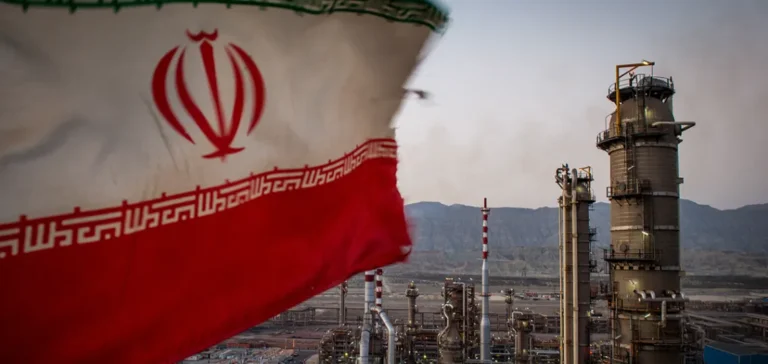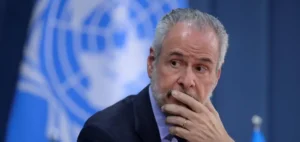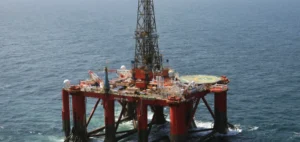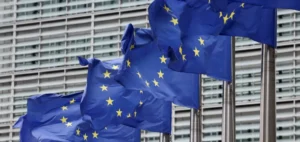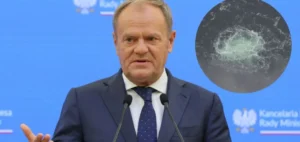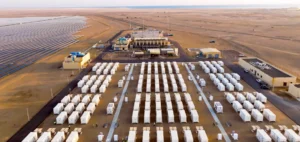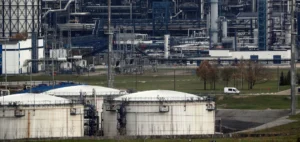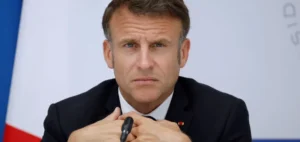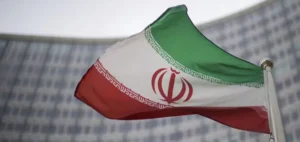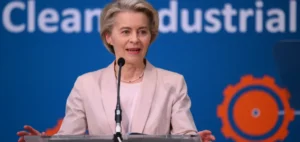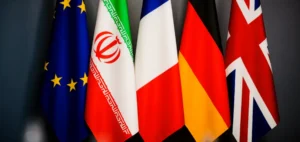Iran’s Supreme Leader, Ayatollah Ali Khamenei, has called for a revival of the country’s oil production, stressing the need to catch up with other producing nations. During a meeting with government members, he denounced the outdated methods currently in use, in a context marked by the threat of renewed international sanctions.
Aging infrastructure and economic dependence
Ali Khamenei stated that Iran’s oil output remains insufficient, underlining the continued importance of this resource for the national economy. He pointed out that the tools used in the oil sector are obsolete, unfavourably comparing Iran’s performance to other hydrocarbon-rich regions.
The Iranian oil industry remains heavily impacted by sanctions imposed following the United States’ withdrawal from the nuclear agreement in 2018. This decision led to severe restrictions on Iran’s access to technological equipment and limited its export capabilities, significantly reducing its foreign currency revenues.
Seeking new trade partners
The Supreme Leader also urged diversification of oil export markets, which are currently concentrated at 92% towards China, according to Iranian media. This strong dependence on a single partner places Iran in an imbalanced commercial position, with volumes sold often below international price standards.
This statement comes as the United Kingdom, France and Germany triggered the so-called “snapback” mechanism on August 30, under the 2015 agreement. This process could restore sanctions lifted ten years ago within one month unless a new nuclear deal is reached.
Diplomatic deadlock and ongoing tensions
In an op-ed published in a British daily, Iran’s Foreign Minister Abbas Araghchi indicated that Tehran remains willing to engage in a binding agreement with enhanced monitoring, provided that sanctions are lifted. However, Iran’s cooperation with the International Atomic Energy Agency (IAEA) has been suspended since June, following airstrikes by Israel and the United States on Iranian nuclear sites.
The twelve-day conflict triggered by an Israeli attack on June 13 halted negotiations between Iran and the United States. Against this backdrop, Tehran’s declared intent to strengthen its oil sector reflects a broader energy and diplomatic power struggle, where economic interests intersect with geopolitical tensions.


